Can you be a patriotic citizen? The answer to this question may be a yes or no answer, depending on who is answering. Being patriotic can sometimes be hard, tasking and requires sacrifices, especially when the government doesn’t serve the electorates. While sometimes it can just be a walk in the park.
We humans are not just individuals; we belong to a colony, a society and a community. Every individual has a country and is classified as a citizen of that country. As we all know, the government are the elites, and a privileged few are voted into power to rule and govern the local, state, and federal territories. However, though other individuals make up the government, the masses sometime see this government as their enemy.
Why? You may wonder, but why not? Society stratifies and segregates people into thinking they are different and, as such, enemies. Those in power try to put more differences between them and the masses by amassing riches and wealth, and the only way they can achieve this is by stealing from the nation through different corrupt practices.
Yes, I believe this was how corruption was born and why it will continue to plague governance. It’s not just the value we put on material things and society’s validation. The government sometimes is made up of individuals who want to keep and maintain the status quo of corruption. In Nigeria, corruption flourishes on the idea everyone must have their turn at grasping and licking at the national cake. Instead of leaders concentrating on developing their constituency, they focus on robbing and stealing funds.
It’s so sad that it happens not just here in Nigeria but all over the world. Asides from corruption, the leader’s passion becomes weak and unsustainable. The people below them become undriven as well.
What is a manifesto and why does it fail?
In the context of governance, a manifesto is a political leader or government’s public declaration of the plans, promises, and set of actions to fulfill these promises while in office.
The manifesto is what drives citizens or electorates to vote for their chosen candidates. These days people don’t focus on candidates’ manifestos anymore; they want to vote for those they believe are young, educated or buy their votes with ₦500 to ₦1000.
After being elected, leaders begin to lose focus and sight of their promises. It is either more pressing matters developed along the way, or they push on with their personal goals of money laundering. If some leaders in office eventually develop industries and infrastructures, they convert and privatise them before they leave office so they can own them afterwards. These corrupt actions happen not only at the head but also at the lowest governance structures.
Another reason manifestos fail is that the leaders, including the people, do not have a specific agenda or long term plan. When a leader comes into power, he brings his agenda and doesn’t stay in office long enough to complete it. And then another leader is voted in to take his place but not his work or unfinished vision.
In 2003, under the administration of President Olusegun Obasanjo, the federal government established the National Economic Empowerment and Development Strategy (NEEDS). This programme, headed by the former CBN governor, Prof Charles Soludo, aimed toward sustainable growth and poverty reduction in Nigeria. However, this programme failed to reach its defined objective because the successive administration of Late Umaru Musa Yar’adua shifted focus to Vision 2020 – a plan to transform Nigeria into one of the top 20 biggest global economies by the year 2020.
Every administration that comes onboard sets up a new policy initiative instead of working on or refining the previous one. This lack of consistency and greed has made Nigeria fully accommodate a series of inefficient and poorly executed policies. It is sad also to note that this is 2022, and those visions have not been fulfilled.
And when things don’t go according to plan, or when government step on people’s toes, they fight back. Some even try to help government rethink their decision by performing acts of active patriotism. Some of which are:
1. Protests
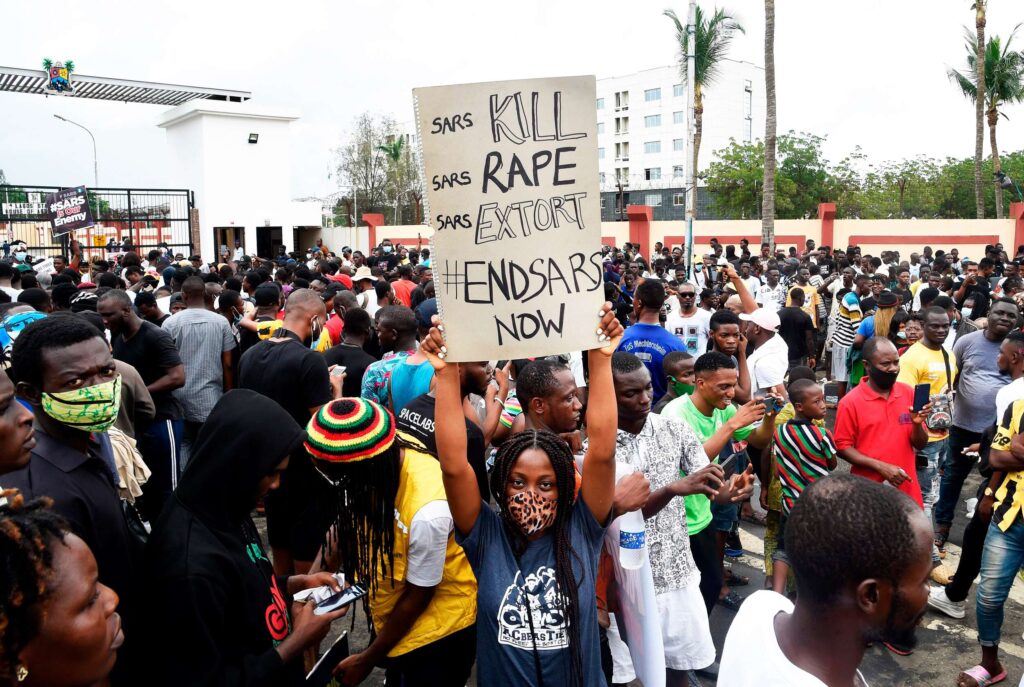
We may all be familiar with the protests because they occur way too often. Protests are strong objections made against government policies, inactions and laws. There are different ways people and communities protest; an effective way is workers’ strike to suspend duties and render services. A good example is the ongoing ASUU strike. At the time of writing this article, university lecturers halted their teaching services until the government paid their overdue salaries.
Another type of protest is a road march or riot, where affected or concerned citizens line up on the streets to try to convince public offices to redress their decisions. An example of this was the End Sars protest where Nigerian youths protested the criminal activities of an arm of the police force called SARS. The government dissolved the SARS team by replacing it with SWAT in the end.
Protests are supposed to be peaceful; that’s why it is often called a peaceful protest. If it turns violent and such, it becomes a riot and nothing much will be achieved from the protest.
2. Revolts
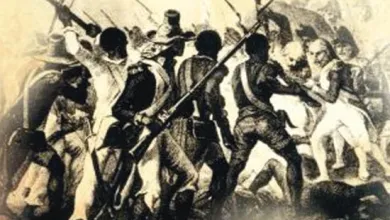
To revolt means to rebel against authority or, in this case, government authority. Getting government to rethink their decisions or fulfill its duty can be achieved by becoming the government itself. Yes, revolts are the highest form of resisting a government’s will or rule. This includes replacing a government with a quasi-government, forceful removal of corrupt leaders and replacing them with different individuals with or without elections.
It is a revolt that turns into a revolution, something Nigeria has not yet experienced. Revolutions across history mark a change of rulership and power that transforms government and society. The French, Russian and American revolutions have strived to develop and reform economic and social structures in their various societies. Though at a great cost, historians and political analysts agree that change is needed for countries to grow and move forward. Nigeria, are you ready for change? I’m not talking about the one President Buhari promised.
What is the difference between revolt and protest?
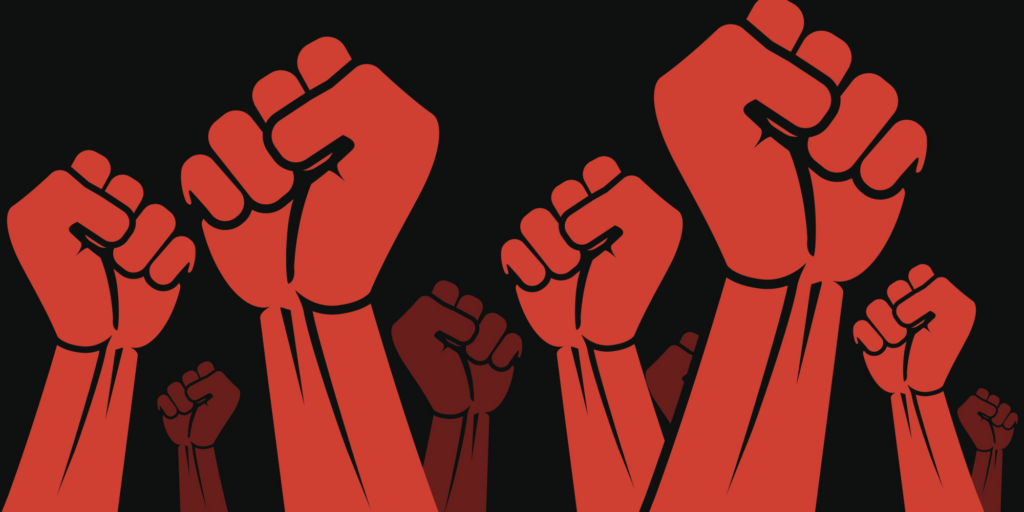
Protests take a more friendly approach to standing up to the government. Protesters do not outrightly oppose government to breed chaos; they only want their personal goals to be met. All forms of protest are not close or deadly as revolts. Protests may turn bloody due to lack of control or hijack by hoodlums, but revolts are usually planned with bloody intent.
Is there another way?
The government is meant to serve the people and fulfill their needs, but when this doesn’t happen, it suggests that the government needs a little shove in the right direction. However, protests and revolts have not always been the proven way to make government do what needs to be done.
3. A funny way…
Do you know it is possible to do things that can get the government’s attention? I mean actions and not just calling out the government to do their duties.
An anonymous British activist in Manchester, England, who saw that the numerous potholes in his city were becoming a serious issue, decided to do something about it and guess what? He spray-painted penises all over the potholes in town to make the town councillors cover them up in record time. And they did! Though it was obscene and annoying to some, it did the trick. Those councillors will think twice before failing to perform their purpose.
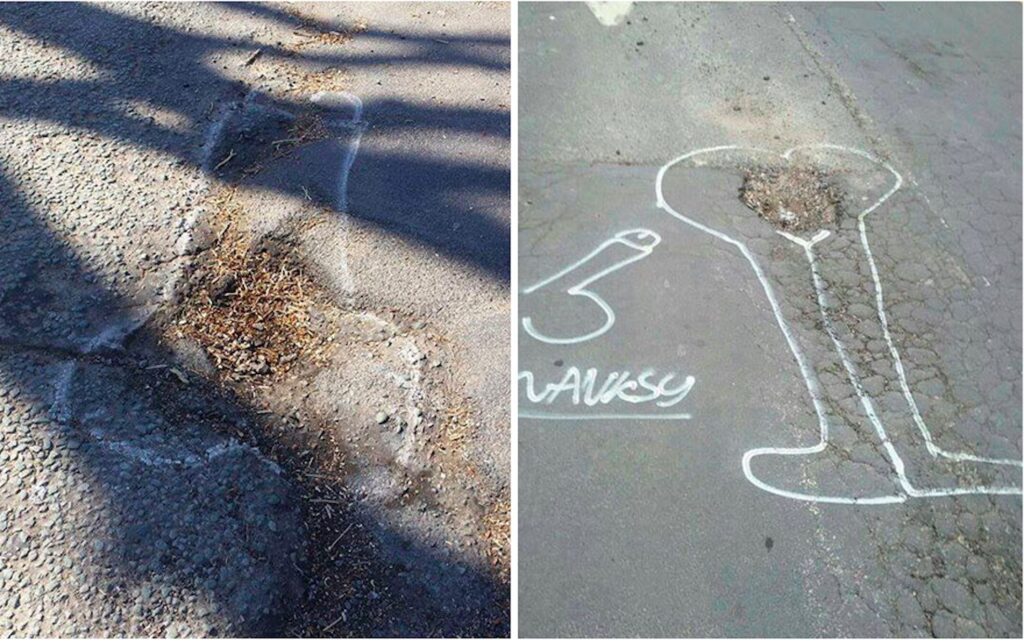
4. Another effective way…
Another effective way will be to use social media as a tool to expose government lapses. Sometime in 2021, a Nigerian activist captured the broken signboard of the National Orthopaedic Hospital, Igbobi Lagos. This hospital caters to different states across the country where bones are fixed, and they can’t repair their signboard?

After photos of the broken signboard appeared on the internet, Nigerians expressed doubt and unreliability in the hospital’s ability actually to treat bones. The most trending caption that broke the internet written in Pidgin English reads;
If gbobi signboard fit break and Dem never fix am,,,,abeg no break leg oooo….my candid advice.
It took less than 48 hours to replace the signboard with a newer and sharper version. Yes, it happened in this corruptible Nigeria. Of course, the massive negative reviews would affect the hospital’s credibility, and they feared it greatly. Similarly, government officials can be shaken to do the right thing when citizens take precise and intended actions.
Which way is best?
The best way should be the most peaceful way to get the job done. Minimising or eliminating bloodshed and sustaining human lives that can enjoy policy amendments and changes should always be considered. However, the truth remains that different problems may require different solutions.
Conclusion
For the government to fulfill their duties, they sometimes need us citizens to call their attention to problems. We may not need to start a revolt, but we can help from the sidelines.
Well-planed activism/patriotism is a good way to do so. You may not need to draw genitals on your streets, but you can do something to call the attention of your local leader.
The people in governments are humans like everyone; they have families, dreams, ambitions and can also make mistakes. Protests and activism are possible ways of reaching out and communicating with the government. Your actions serve as feedback and a message to public servants to better serve you.
Have you ever tried activism, or do you know anyone that has? Or do you think there are better ways to get the government to fulfill their duties?
Please comment your thoughts below.

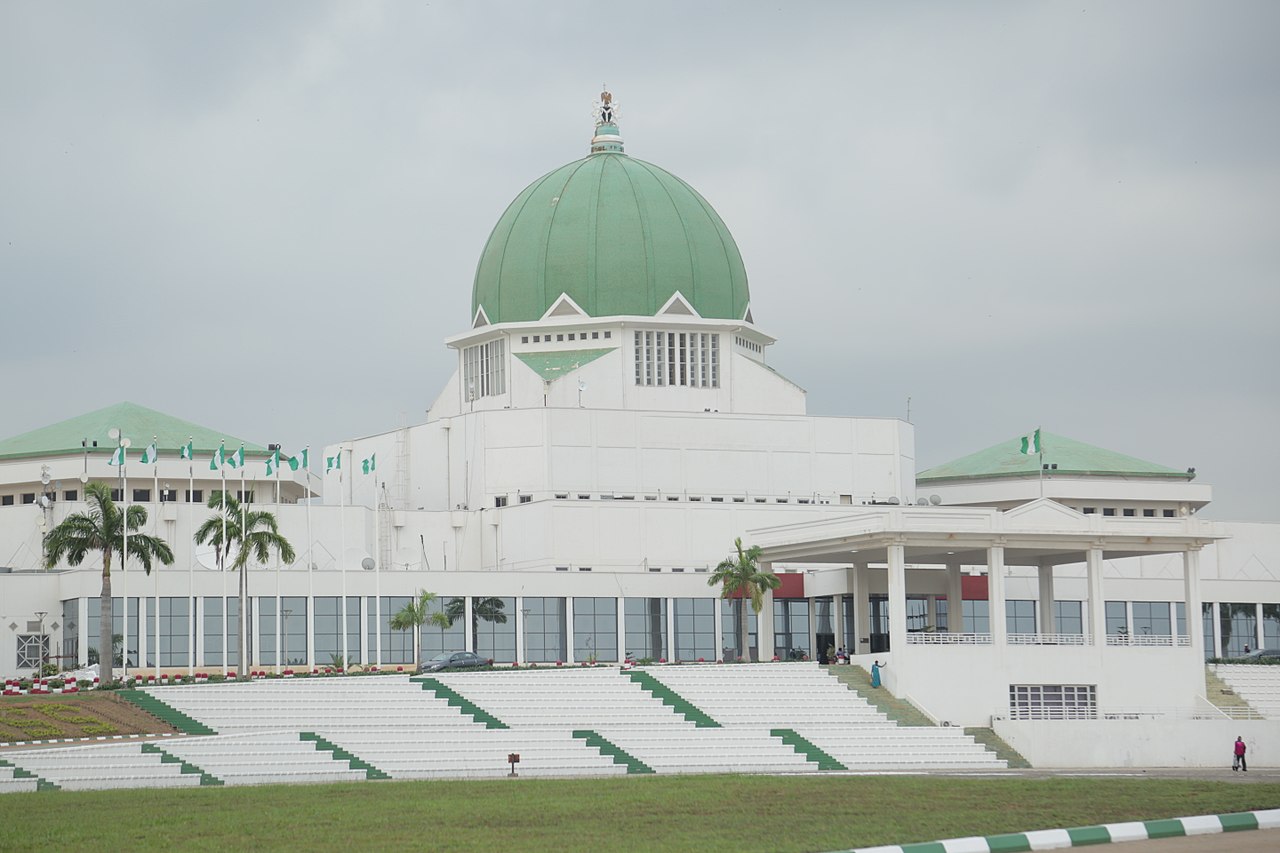
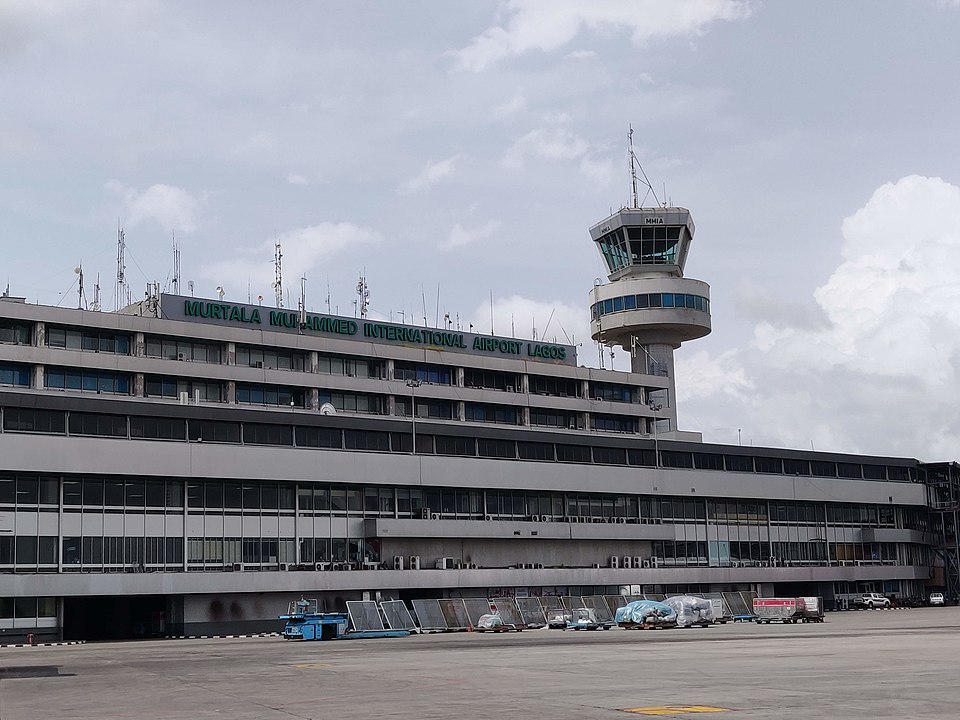
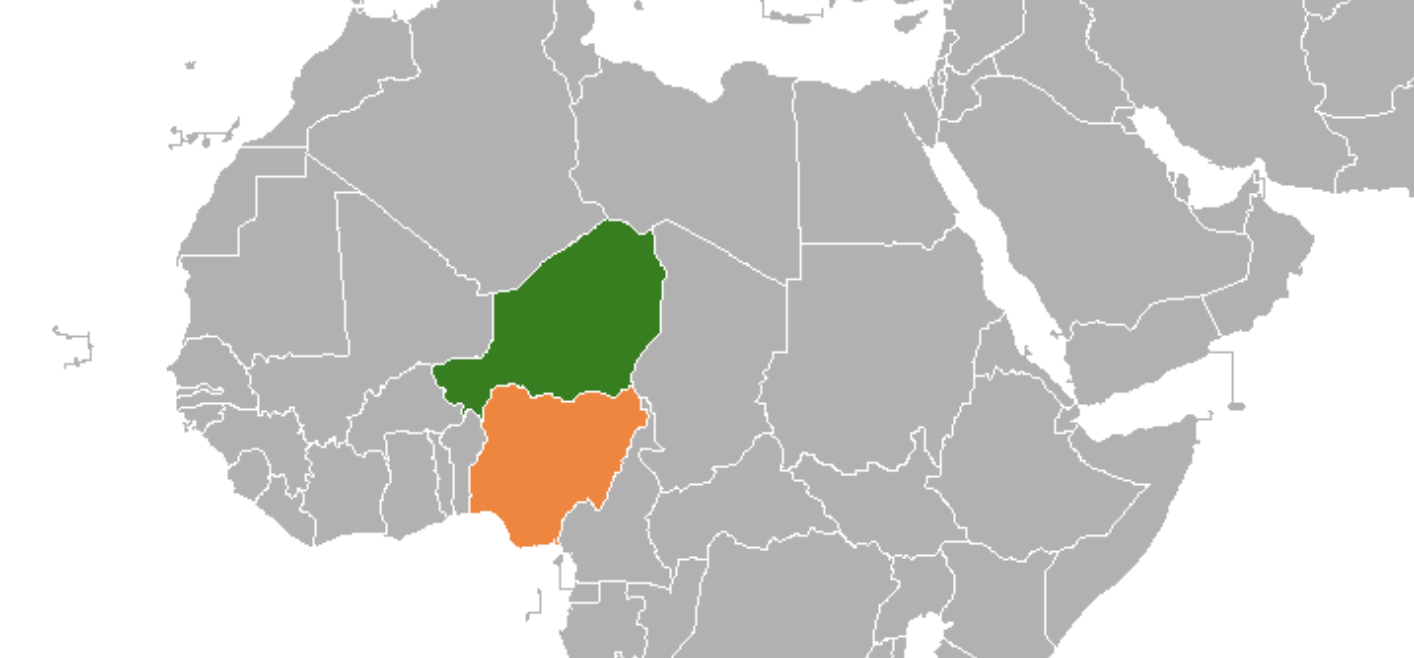


Add a comment